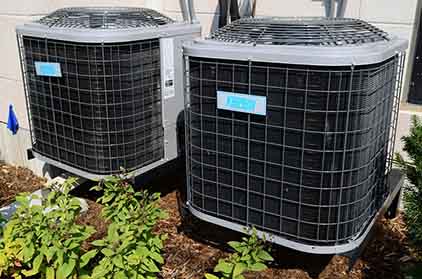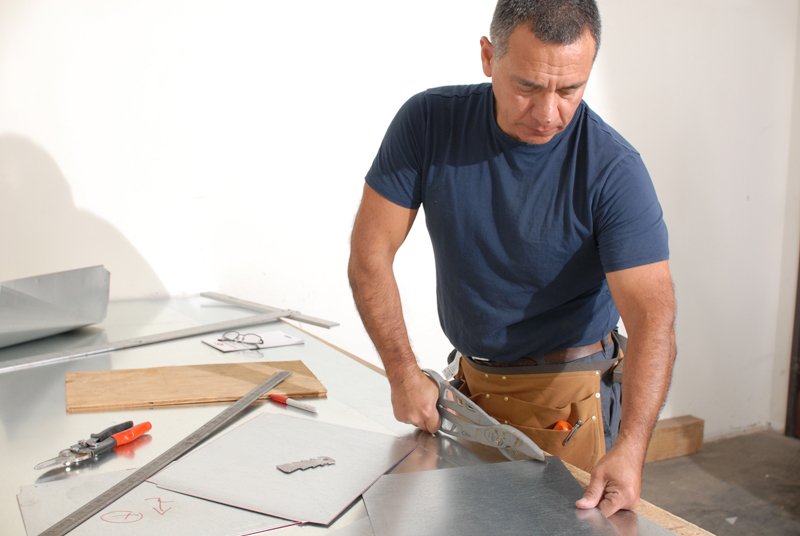Now that we’re spending more time indoors due to shelter-in-place, it is important that the air you and your family breathe is healthy and clean.
While there are several ways to limit your exposure to the coronavirus (hand washing, etc.), let’s focus here on how your home heating and cooling systems can play a role in a cleaner and healthier environment.
Upgrade Your Air Filters
According to the Center for Disease Control, the virus is mainly spread by large droplets in the air from coughing or sneezing. Your HVAC system’s air filters are the “face masks” of your home. They catch airborne particles but do not kill them. To reduce the risk of airborne exposure, consider upgrading your the air filters in your air conditioner and furnace. Higher density filters will trap airborne particles before they reach the air you breathe. Ask your HVAC contractor for the best air filter for your needs.
Change Your Filter More Often
A better air filter collects more particles. Especially when more of us are staying indoors, our filters will need to be replaced more often. If someone in your family is ill, consider changing your filters more frequently to minimize recirculating airborne particles.
Control Your Home’s Humidity
Keep your home’s humidity between 40-60% because viruses are least viable in this range. Several factors can improve your home’s humidity: installing insulation, installing a humidifier, and plugging leaking windows and doors. A skilled HVAC technician will conduct a thorough inspection and can recommend the best options to control humidity in your home so it remains within the recommended range.
Schedule an HVAC Assessment
A skilled HVAC technician will inspect your furnace and A/C systems for leaks and damage, checking your ductwork for proper alignment and ensuring it is fully sealed. Leaking ductwork forces your air conditioner and furnace to overwork, leading to higher energy bills. A well-maintained HVAC ductwork system traps indoor allergens in the air filters. They play a critical role in trapping allergens by trapping particles and preventing them from circulating through your home.
RC Mechanical Can Help
HVAC contractors are essential service providers. RC Mechanical can help you manage these indoor air quality risks and make recommendations to increase air quality.
RC Mechanical, Redwood City’s best HVAC contractor, is a trusted local company that will quickly diagnose and resolve your air conditiong, heating, and indoor air quality issues. Whether you need help selecting and installing the right air conditioner, replacing a furnace, or conducting a home energy audit, you can count on RC Mechanical for superior and cost-effective HVAC service. RC Mechanical is a local veteran-owned business and has provided expert furnace and air conditioning repair and installation to the Bay Area with integrity for over 20 years. Homeowners in Redwood City and throughout the Bay Area count on us for all their heating and air conditioning needs. Call us today at (650) 575-3915 and we will respond within 24 hours.








